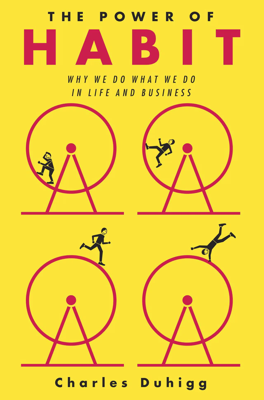The Neurology of Free Will: Are We Responsible for Our Habits?
The chapter explores the relationship between habits and responsibility through two real-life stories — Angie Bachmann, a compulsive gambler, and Brian Thomas, who committed an accidental murder while sleepwalking. Both instances demonstrate how deeply ingrained habits can control actions, leaving in question the extent of personal culpability.
Bachmann was a housewife who turned to gambling as a pastime and later became psychologically dependent on it, unable to control her actions despite recognizing her destructive behavior. Over time, her occasional casino visits escalated into addiction. Although initially praised for her discipline, the gambling eventually led to significant personal and financial losses.
In a contrasting scenario, Brian Thomas, a sleepwalker with no prior violent history, subconsciously strangled his wife to death, mistaking her for an intruder in his sleep. This tragic incident was influenced by his long-standing habit of sleepwalking, during which the body can perform complex behaviors unconsciously.
Key Discussions from the Cases:
- Habit Formation and Responsibility: The chapter questions to what extent individuals can be held responsible for actions performed under the control of deeply entrenched habits. While habits can significantly influence behavior, the awareness of these habits imposes a responsibility on individuals to attempt to manage or redirect them.
- Neurological Perspective on Habits: Advanced neurological research suggests that habits are powerful drivers of behavior that reside deep within the brain's structures, such as the basal ganglia. These deeply rooted habits can sometimes override conscious control, leading to automatic actions without deliberate intent.
- The Legal and Ethical Implications: The differing legal outcomes for Bachmann and Thomas raise ethical concerns about how society assesses culpability. Thomas, who killed during a sleep terror, was deemed not accountable due to his unconscious state. However, Bachmann, who gambled away her fortune, was held legally responsible for her debts, despite her compulsive gambling habits being recognized as a form of psychological addiction.
- Free Will and Conscious Change: The narrative also delves into the philosophical aspect of free will versus determinism in the context of habits. It emphasizes that while some actions might be strongly influenced by subconscious habits, individuals have the capacity to bring about change through awareness and deliberate efforts.
This narrative significantly contributes to a deeper understanding of human behavior, especially how habits and subconscious processes can govern actions. It challenges the reader to consider the complexity of free will and the extent of personal responsibility when habits dominate one's actions, indicating that change is always possible with conscious effort and understanding.
